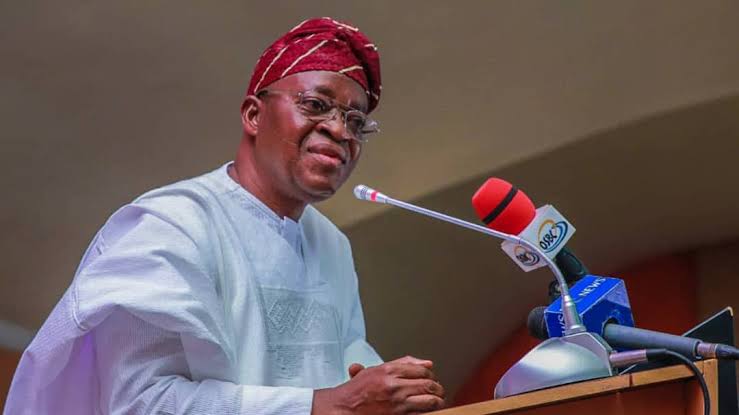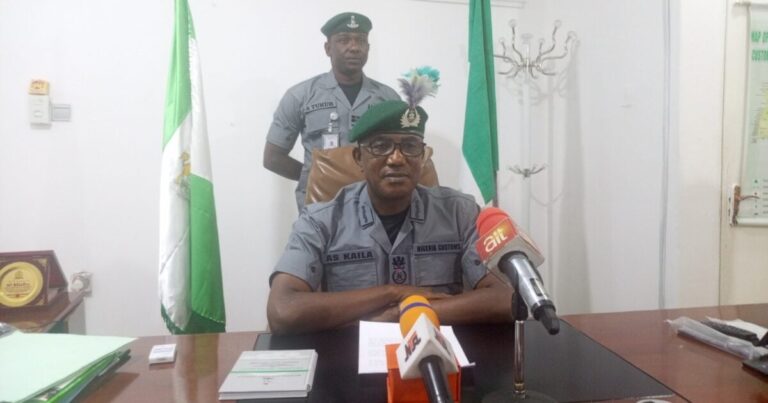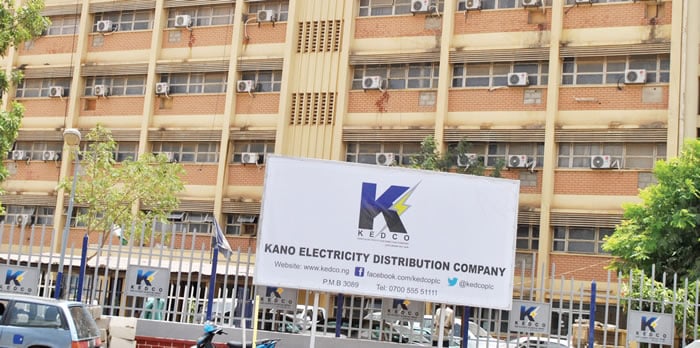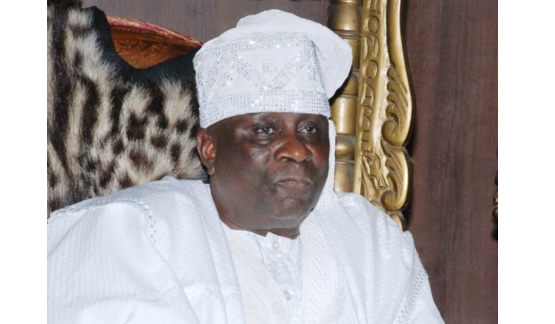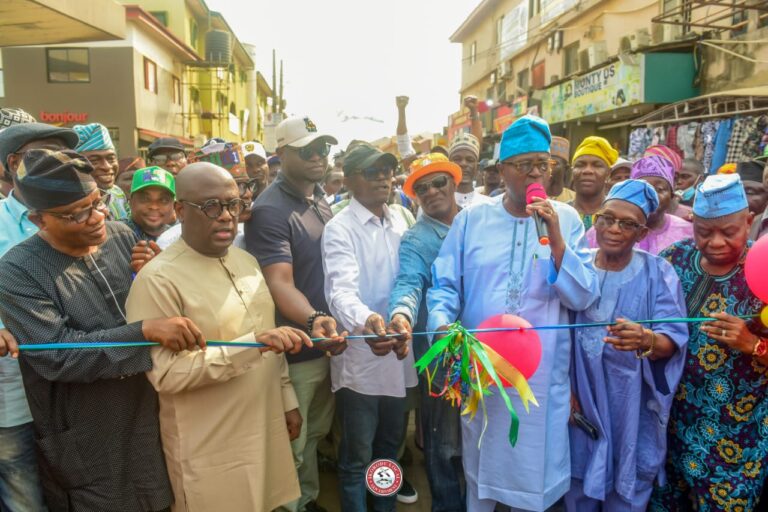In 2024, Nigeria witnessed several significant political events that left a lasting impact on the nation’s landscape. These events have continued to spark discussions among Nigerians. As we approach a new year. We bring you a recap of some of these notable moments.
End Bad Governance Protests
Beginning on August 1, nationwide protests erupted over a cost-of-living crisis and rising expenses, which many Nigerians attributed to President Bola Tinubu’s new reforms. The demonstrations, initially peaceful, turned violent in states such as Lagos, Kaduna, Kano, Gombe, and the capital, Abuja, following police interventions involving tear gas and live ammunition. In response, authorities imposed 24-hour curfews in Kano, Jigawa, Yobe, and Katsina States. The unrest resulted in at least 11 deaths and numerous arrests, including that of a journalist.
Cabinet Reshuffle Amid Economic Crisis
Facing Nigeria’s most severe cost-of-living crisis in a generation, President Tinubu executed a significant cabinet reshuffle in November. He dismissed five ministers and appointed seven new ones, aiming to enhance administrative efficiency. Key appointments included ministers for humanitarian affairs and poverty reduction, trade and investment, labor, and livestock development. This move was part of broader efforts to address economic challenges, including soaring inflation and a depreciating currency.
Economic Reforms and International Agreements
In September, Nigeria and China signed agreements to bolster collaboration in the Belt and Road Initiative, human resources development, and nuclear energy. China, Nigeria’s largest bilateral lender, has been instrumental in delivering significant infrastructure projects within the country. This partnership is expected to foster development, stability, and security in West Africa.
Security Challenges
Throughout 2024, Nigeria faced persistent security issues, particularly in the northern regions. Notable incidents included the abduction of over 100 individuals during night raids in Zamfara State in May and the kidnapping of 20 medical and dental students in Benue State in August. These events underscored the ongoing challenges posed by armed groups and the need for enhanced security measures.
National Anthem Controversy
In June, Nigeria reinstated its original national anthem, “Nigeria We Hail Thee,” written by British expatriate Lillian Jean Williams and first introduced upon the country’s independence in 1960. This change, following swift legislative action and presidential approval, sparked widespread public criticism due to the lack of public input and the reintroduction of colonial-era language deemed inappropriate by many.
These events collectively influenced Nigeria’s political and socio-economic trajectory in 2024, reflecting the nation’s ongoing efforts to navigate complex challenges and pursue development.
Elections that took place in Nigeria in 2024
In 2024, Nigeria conducted two significant gubernatorial elections:
Edo State Gubernatorial Election
Held on September 21, 2024, this election was pivotal for Edo State. The then incumbent governor, Godwin Obaseki, of the Peoples Democratic Party (PDP), was term-limited and could not seek re-election. The All Progressives Congress (APC) candidate, Senator Monday Okpebholo, secured victory with 291,667 votes, surpassing PDP’s Asue Ighodalo, who received 247,274 votes, and Labour Party’s Olumide Akpata, who garnered 22,763 votes.
The 2024 Ondo State gubernatorial election was held on November 16, 2024. Incumbent Governor Lucky Aiyedatiwa of the All Progressives Congress (APC) sought election to a full term after assuming office in December 2023 following the passing of Governor Rotimi Akeredolu.
Governor Aiyedatiwa secured victory with over 366,000 votes, defeating his closest rival, former Deputy Governor Agboola Ajayi of the Peoples Democratic Party (PDP), who garnered approximately 117,000 votes. The election featured a total of 17 candidates.
The Independent National Electoral Commission (INEC) declared Aiyedatiwa the winner, noting that he satisfied all legal requirements.
This election was significant as it marked the first gubernatorial election in Ondo State following the passing of Governor Akeredolu, with Aiyedatiwa transitioning from deputy governor to governor and now securing a full term through the electoral process.
Local Government Elections
In 2024, Nigeria witnessed a series of local government elections across various states, following a pivotal Supreme Court ruling on July 11, 2024. This ruling reaffirmed the autonomy of Local Government Areas (LGAs) and prohibited governors from dissolving democratically elected council officials, thereby mandating states to conduct elections to restore democratic governance at the local level.
States That Conducted Local Government Elections in 2024:
Ebonyi State: Elections were held on July 20, 2024, with the All Progressives Congress (APC) winning all 13 chairmanship seats and 171 ward councillor positions.
Bauchi State: On August 17, 2024, the People’s Democratic Party (PDP) secured victories in all 20 chairmanship seats during the local government elections.
Kebbi State: The APC won all 21 chairmanship seats and 225 ward councillor positions in the elections conducted on August 30, 2024.
Kwara State: After a seven-year hiatus without elected local government officials, elections were held on September 21, 2024. The APC secured all 16 chairmanship positions and all 193 councillorship seats.
Imo State: Local government elections took place on September 21, 2024, with the APC winning all 16 chairmanship positions and all 193 councillorship seats.
Enugu State: The PDP emerged victorious in the local government council elections held on September 21, 2024, winning across the state.
Sokoto State: Elections were conducted on September 21, 2024, with the APC winning all chairmanship positions across the state’s local governments.
•continued on page 22
•continued from page 21
Anambra State: On September 28, 2024, the All Progressives Grand Alliance (APGA) secured victories in all chairmanship and councillorship positions across the 21 local government areas and 326 wards.
Ogun State: The APC won all local government chairmanship and councillorship positions in the elections held in 2024.
The Rivers State local government elections were held on October 5, 2024, across the state’s 23 local government areas. The Action Peoples Party (APP) achieved a significant milestone by winning 22 out of the 23 chairmanship positions, marking the first time since 1999 that an opposition party secured such a victory in the state’s local council elections.
The elections were marred by incidents of violence, including explosions and gunshots, which disrupted the voting process in certain areas. Despite these challenges, the Rivers State Independent Electoral Commission (RSIEC), led by Chairman Justice Adolphus Enebeli (retd.), proceeded with the electoral process and announced the results accordingly.
In the lead-up to the elections, there were legal and security challenges. A Federal High Court in Abuja had issued a restraining order preventing the Nigerian Police and other security agencies from providing security for the elections. This led to tensions, with the Rivers State Governor, Siminialayi Fubara, insisting that the elections would proceed as scheduled, even if alternative security arrangements were necessary.
The conduct of these elections was in compliance with a Supreme Court ruling mandating democratically elected local government systems across Nigeria. The federal government had issued a three-month ultimatum for states to conduct local polls, prompting Rivers State to organize the elections within this timeframe.
The successful conduct of the elections and the unprecedented victory of the APP have been viewed as significant developments in Rivers State’s political landscape, potentially indicating a shift in the state’s political dynamics.

